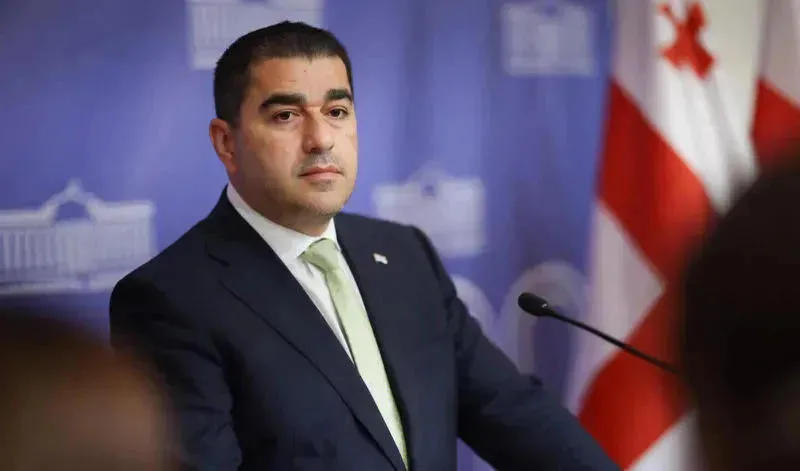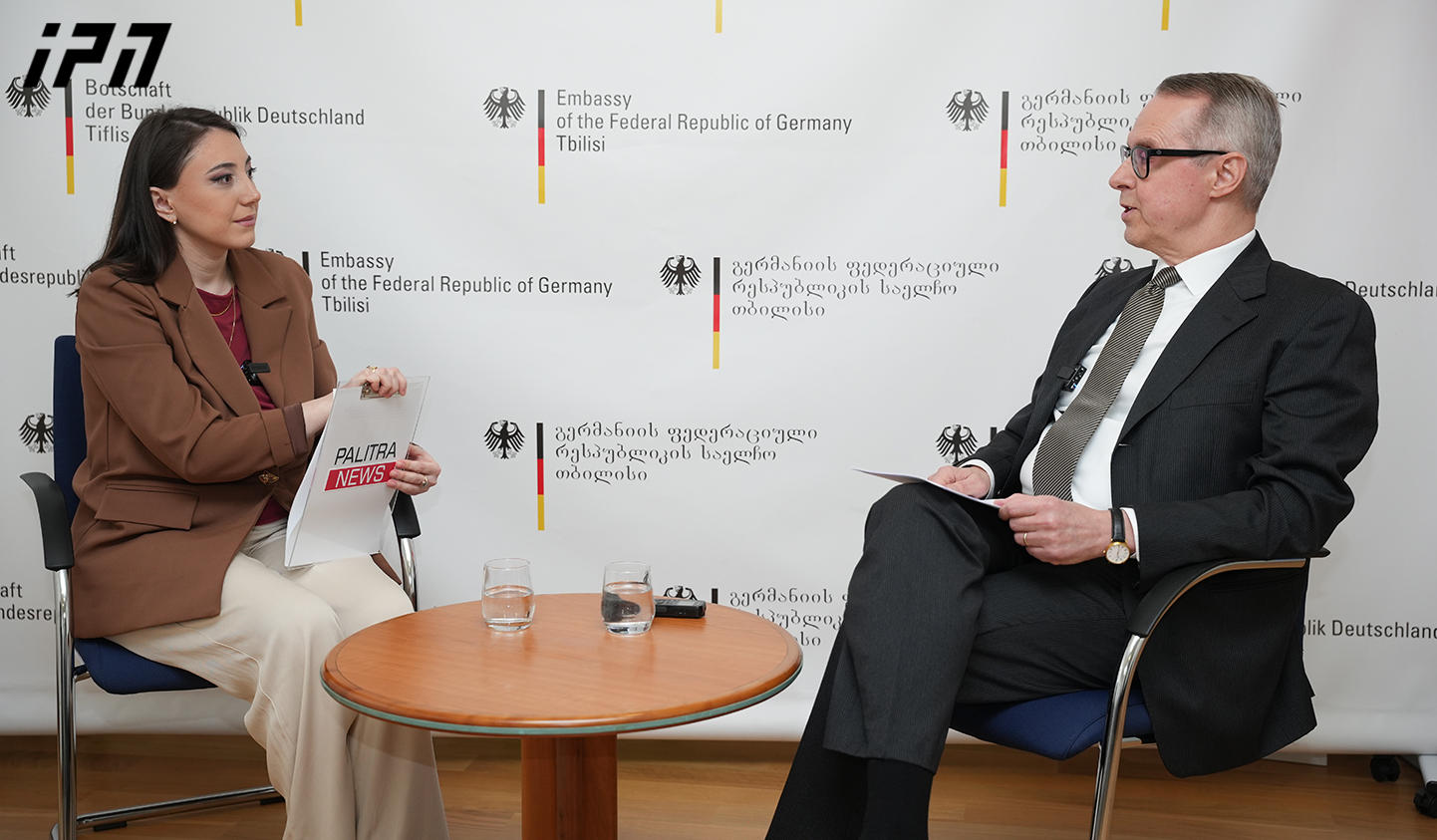Shalva Papuashvili: I think the time has come when we need to start explaining what European values really mean. It’s time to remind everyone that no one here is a school student and no one has exams to take

Shalva Papuashvili stated: "It is time to remind everyone that no one here is a school pupil and no one has exams to pass. The Georgian people have already passed every test for their independence and sovereignty."
According to him, criticism in the West is often met with a “sullen attitude,” but if anything truly represents European values and European norms, it is the ability to listen to criticism.
"I think the moment has come when we need to start explaining what European values really mean. Unfortunately, some groups and politicians have already become accustomed to teaching Georgians what values are and what they are not. They mention European values as if there were a lower, Georgian value. That’s why I think it’s time to remind everyone that no one here is a school student, and no one has exams to pass. The Georgian people have sufficiently passed every test regarding their independence and sovereignty. Therefore, I remind everyone in Europe, including some European Commissioners, that if there is anything that defines European values and European standards, it is the ability to listen to criticism, endure it, and respond to it. What we see instead is that criticism is often met with a sulky attitude, as if it were an attack or insult. This is a usual tactic to avoid criticism by adopting a stubborn ‘contrarian’ stance or by calling certain issues ‘anti-European.’ We always speak with facts, concrete facts—when extremist groups are funded from the EU budget, when propaganda is funded from the EU budget. We have evidence and facts on all these matters, and we present this evidence every time," Papuashvili said.
He also noted that some ambassadors accredited in Georgia are fully involved in domestic politics, violating the Vienna Convention.
"It seems necessary to remind that Article 41 of the Vienna Convention on Diplomatic Relations covers two matters: the immunity and privileges of diplomats accredited to the host country and, in return, prohibits those diplomats from interfering in the domestic affairs of the host country. Today, we see some ambassadors openly in conflict with the government elected by the Georgian people. In some cases, their attitude toward the government crosses into personal animosity when we listen to their comments. When a diplomat is involved in attacks against the government and people of the host country, when the diplomat has created a narrow circle of people whom he pays and considers ‘the people’ while excluding others, he steps beyond the standards of diplomatic professional ethics and becomes an ordinary politician.
Some diplomats, ambassadors, or other embassy staff in Georgia behave as ordinary local politicians, directly echoing the messages and behavior standards of the radical opposition. If they take this step and become local politicians, they should accept the political criticism standards that exist in Georgia—standards that, incidentally, have been established with their own funding, though we refer to them as poor standards. They must not interfere in domestic affairs. No one remembers how many ambassadors are in Georgia, but those ambassadors involved in attacks on the Georgian people must accept criticism.
My duty is to expose and shame those diplomats who call themselves Europeans and who do indeed carry EU passports, but who show no trace of European values in their conduct," Papuashvili said.
